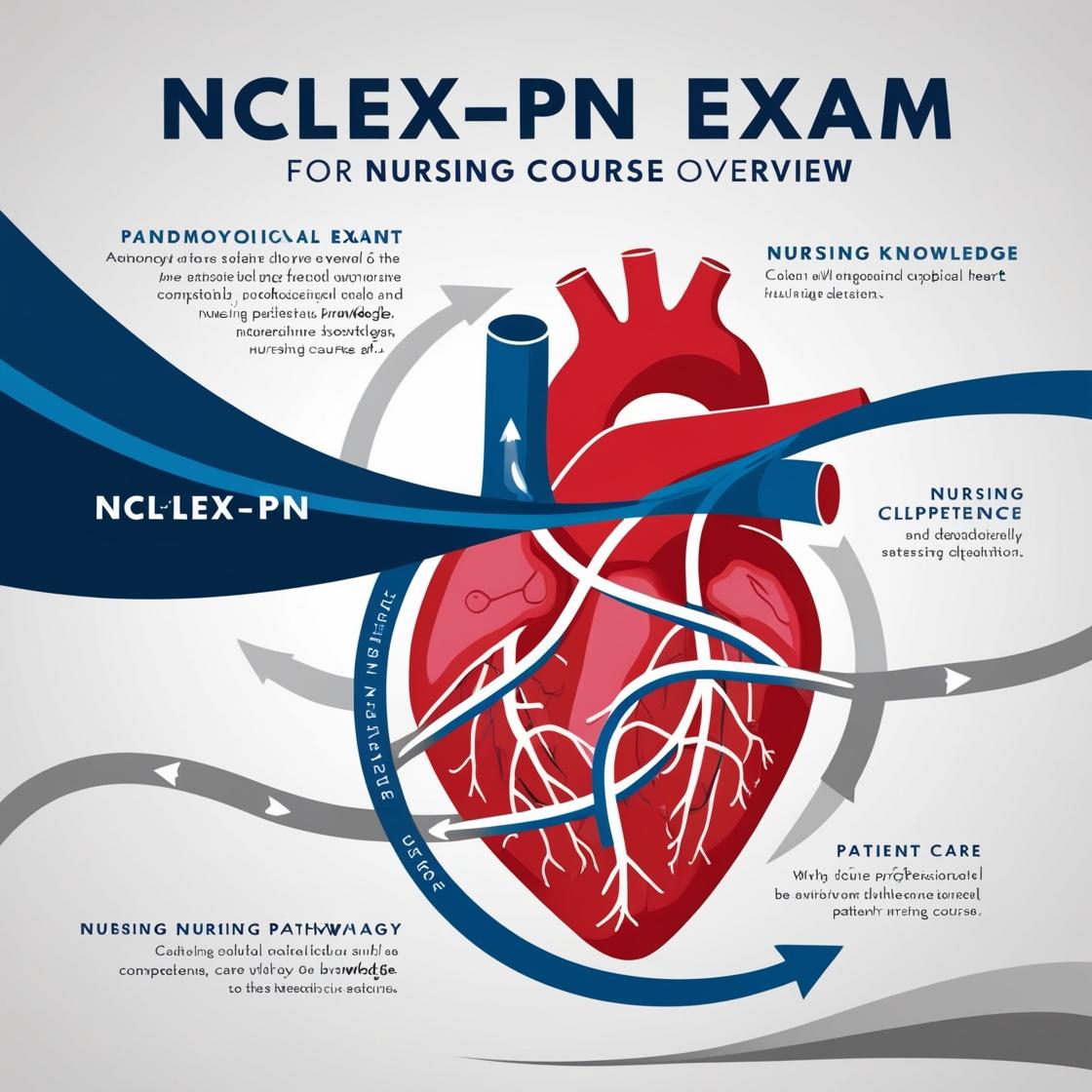NCLEX-PN
Nclex Exam Cram Practice Questions
1. Under what circumstances is the legal right to confidentiality of client information waived?
- A. When a court system subpoenas information.
- B. When a family member requests health care information of a client.
- C. When a living will takes effect.
- D. When the client is declared incompetent by the legal system.
Correct answer: A
Rationale: The legal right to confidentiality of client information is waived when a court system subpoenas information. This occurs when information is required for legal proceedings to occur, such as through summonses, court orders, or litigation information necessary for the court. Subpoenas are legal orders that compel the disclosure of information. The other choices do not inherently waive the legal right to confidentiality. A family member's request for health care information would typically require the client's consent or fall under specific legal exceptions. A living will dictates end-of-life care preferences but does not necessarily waive confidentiality. Lastly, the declaration of incompetence may impact decision-making capacity but does not automatically waive confidentiality.
2. Why is client and family communication and education concerning restraints essential?
- A. confuses both groups further
- B. helps with coping and stress levels
- C. encourages cooperation with the client and family
- D. puts the responsibility on the client and family, not the nurse
Correct answer: C
Rationale: Client and family communication and education concerning restraints are essential to encourage cooperation. When the client and family understand the purpose and expected benefits of restraints, they are more likely to cooperate. This understanding can help prevent well-meaning family members from releasing restraints due to confusion or lack of information. Therefore, choice C is correct. Choices A, B, and D are incorrect because confusing both groups further, helping with coping and stress levels, and shifting responsibility to the client and family are not the primary goals of communication and education concerning restraints.
3. A Hispanic client brings her father to the clinic because he is becoming more forgetful. He is diagnosed with Alzheimer's disease. The woman tells the nurse that she wants to try ginkgo biloba for her father before using prescription medications. Which of the following is an appropriate response by the nurse?
- A. "It is wiser to start with a prescription."?
- B. "That herb may not be effective for your father."?
- C. "You can't expect an herb to cure Alzheimer's."?
- D. "I will let the physician know of your wishes."?
Correct answer: D
Rationale: The appropriate response is to acknowledge the client's wishes and communicate them to the physician for consideration. It is important to be culturally sensitive and respect the client's preferences. Ginkgo biloba has shown some benefits in treating dementia, so it is essential to involve the healthcare provider in the decision-making process. Choices A, B, and C are dismissive and fail to consider the client's perspective and cultural beliefs. It is crucial for healthcare professionals to engage in open communication and collaboration with clients to provide patient-centered care.
4. Acyclovir (Zovirax) is the agent of choice for which of the following infections?
- A. HIV
- B. AIDS
- C. candida
- D. herpes
Correct answer: D
Rationale: Acyclovir is an antiviral medication specifically effective in treating herpes infections. It works by inhibiting the replication of the herpes virus, shortening the duration of the infection. While Acyclovir can be used in HIV and AIDS patients to treat opportunistic viral infections, it is not a primary drug for managing HIV or AIDS itself. Candida is a type of fungus, and infections caused by Candida are treated with antifungal medications, not antivirals like Acyclovir. Therefore, the correct answer is herpes.
5. Which of the following foods should be avoided by clients who are prone to developing heartburn as a result of gastroesophageal reflux disease (GERD)?
- A. lettuce
- B. eggs
- C. chocolate
- D. butterscotch
Correct answer: C
Rationale: The correct answer is chocolate. Ingestion of chocolate can reduce lower esophageal sphincter (LES) pressure, leading to reflux and clinical symptoms of GERD. Lettuce and eggs do not significantly affect LES pressure, making them less likely to trigger GERD symptoms. Butterscotch, like lettuce and eggs, does not have a notable effect on LES pressure, so it is not as likely to worsen GERD symptoms as chocolate. Therefore, chocolate is the food to be avoided by clients prone to heartburn due to GERD.
Similar Questions

Access More Features
NCLEX PN Basic
$69.99/ 30 days
- 5,000 Questions with answers
- Comprehensive NCLEX coverage
- 30 days access @ $69.99
NCLEX PN Premium
$149.99/ 90 days
- 5,000 Questions with answers
- Comprehensive NCLEX coverage
- 30 days access @ $149.99
